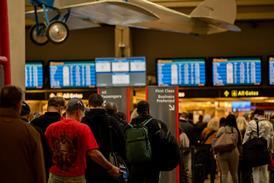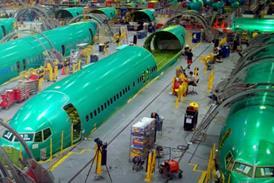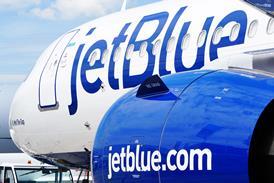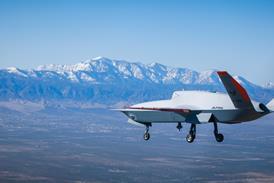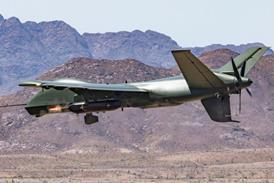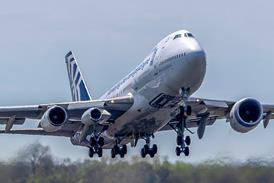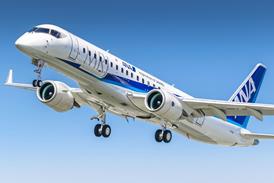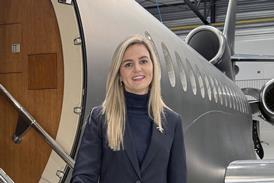The future looks green for US-German relations following an alternative aviation fuels development agreement signed at ILA.
German transport minister Peter Ramsauer and US ambassador Philip Murphy signed the pact designed to strengthen co-operation in a bid to develop sustainability standards - with a focus on feedstocks from non-food crops - and to gain approval for new production methods while expanding the raw materials choice for aviation fuel manufacture.
Ramsauer says the agreement aims to "make research and development in alternative aviation fuels even more dynamic", adding: "International co-operation is needed for the aviation industry to contribute towards energy efficiency and climate protection, because air transport is a mode of transport that crosses borders and oceans."
Joachim Buse, vice-president of the Aviation Initiative for Renewable Energy in Germany (aireg) industry group (Hall 1, stand 1202e), says it is a goal of aireg to see a biokerosene blending quota of 10% in the total quantity of aviation fuels used in Germany by 2025.
Another of aireg's goals is to see at least one large, second-generation industrial biorefinery established in Germany to produce bio-synthetic fuels, and to see the government pass agreements to secure raw material supplies.
"We assume the majority of raw materials required to fulfil our goal of a 10% blending quota will come from regions outside of Germany," says Buse.
"To make this work, both the raw materials suppliers and processors need reliable framework conditions."
But, he warns, subsidies also need to apply; today it costs about $2,100 to make a tonne of biokerosene but only $925 to make a tonne of fossil kerosene.
Source: Flight Daily News

